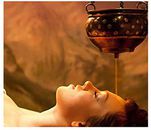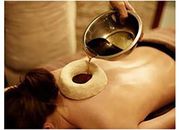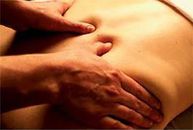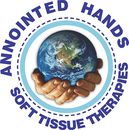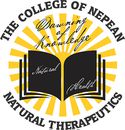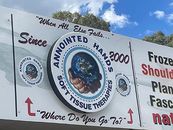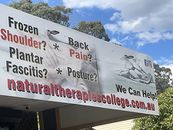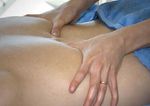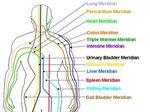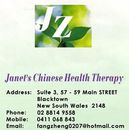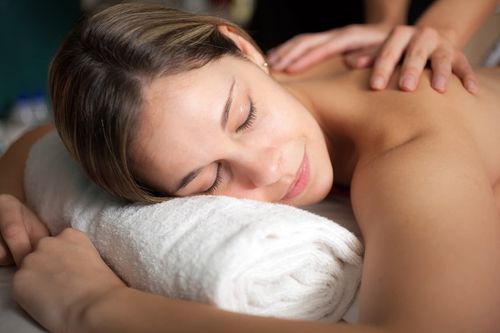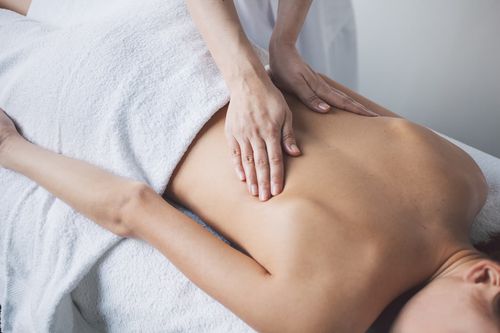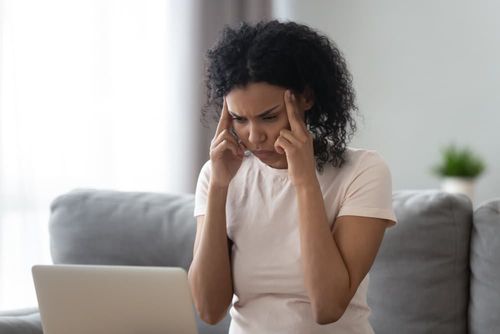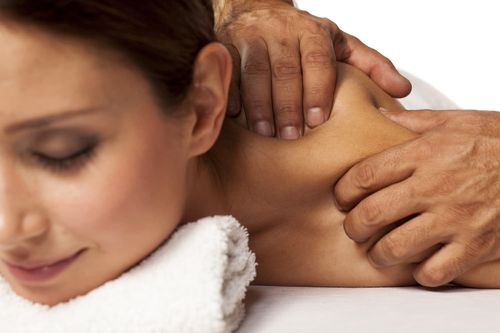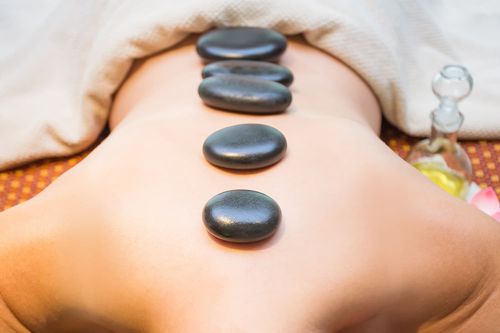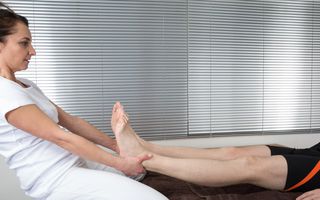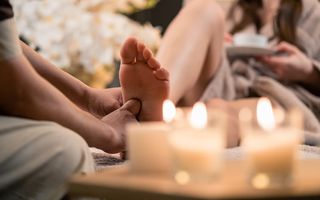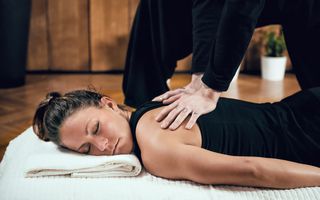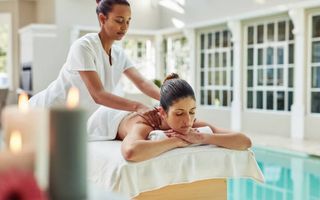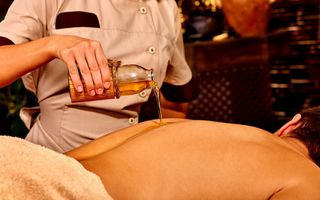What is Swedish Massage?
Swedish massage uses gentle, gliding strokes to relieve stress and release tension by moving body fluids toward the heart. The primary aim of this massage technique is to induce relaxation by releasing tension in the superficial muscle layers of the body rather than engaging the deep layers of muscles and fascia.
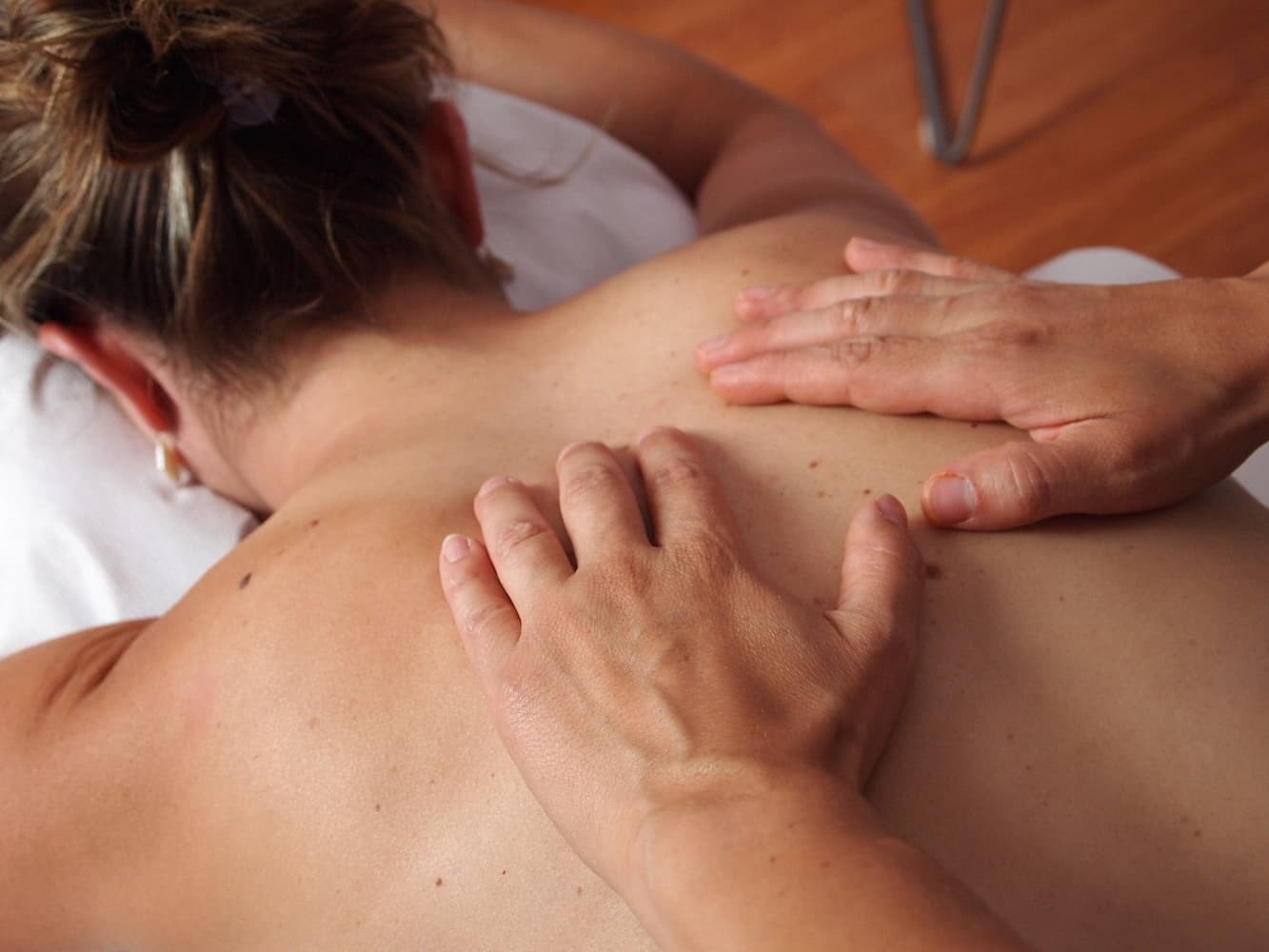
What are the Benefits of Swedish Massage?
Swedish massage is the most popular type of massage for combating stress. It works by relaxing the body, removing toxins from body tissues, and improving circulation to get the body back to its optimal functioning state. It can be an effective remedy for mental and emotional distress, while treating a variety of physical conditions, including:
- Muscle cramps
- Tingling in arms or legs
- Headaches
- Sciatica
- Osteoarthritis pain
- Irregular sleeping patterns
- Low energy
- Poor posture
- Weakened immune system
How Much Does Swedish Massage in Liverpool Cost?
You can expect to pay between $70 and $300 for a Swedish massage in Liverpool, but the price may vary depending on a variety of factors. The length of your massage, where you receive it, and the experience level of your massage therapist will all affect the actual cost of the service.
How Many Practitioners of Swedish Massage are Based in Liverpool?
More than 31% of Australia's total massage workforce is based in Liverpool and other parts of New South Wales. Majority of them are middle-aged women with a diploma or higher qualification, indicating they all specialise in Swedish massage and other manipulative techniques. A 2015 survey (Wardle et al.) of 300 massage therapists in Australia found that over 67% of the 300 surveyed professionals were females who had five years or more of experience.
How Many People in Liverpool Use Swedish Massage?
Swedish massage is effective at tackling stress and is used by more than half of Australia's population. As a matter of fact, it constitutes a therapeutic massage treatment plan. The use of therapeutic massage is highly prevalent in Liverpool and throughout New South Wales, with more than 27% of 350 survey respondents saying that they would regularly use it to maintain their health and overall wellbeing.



